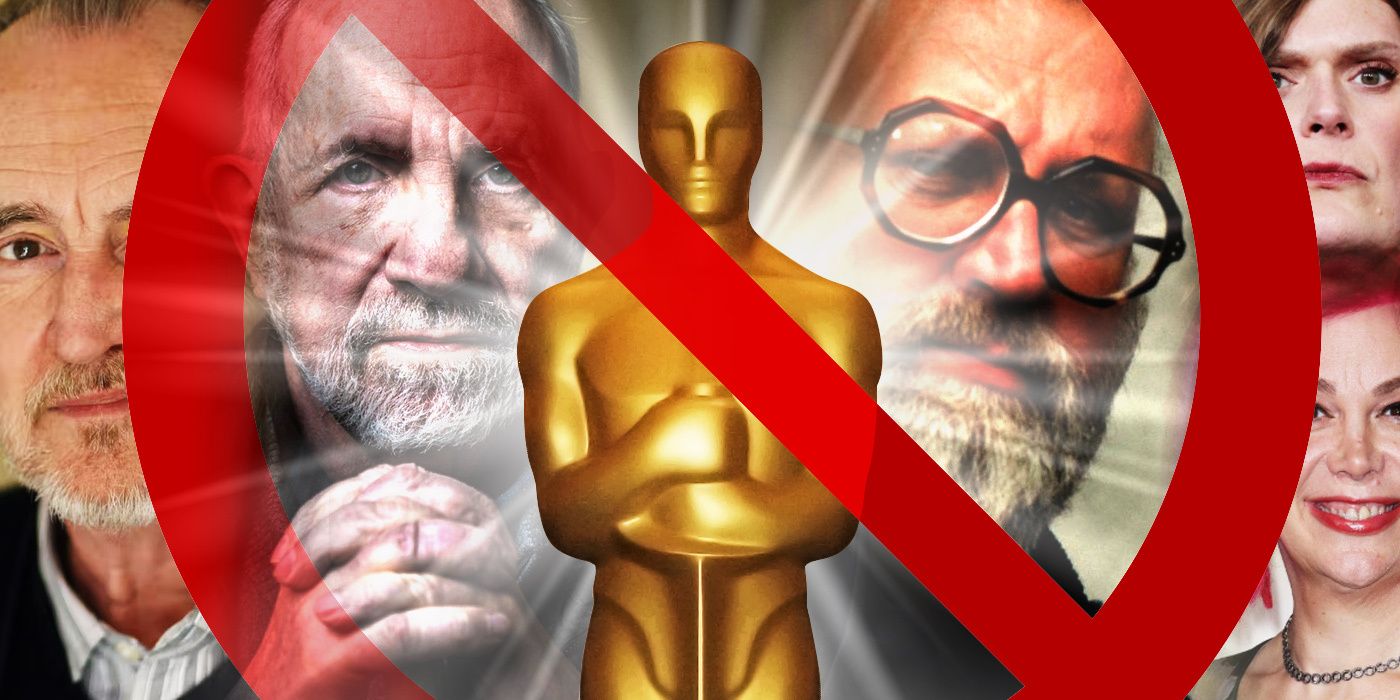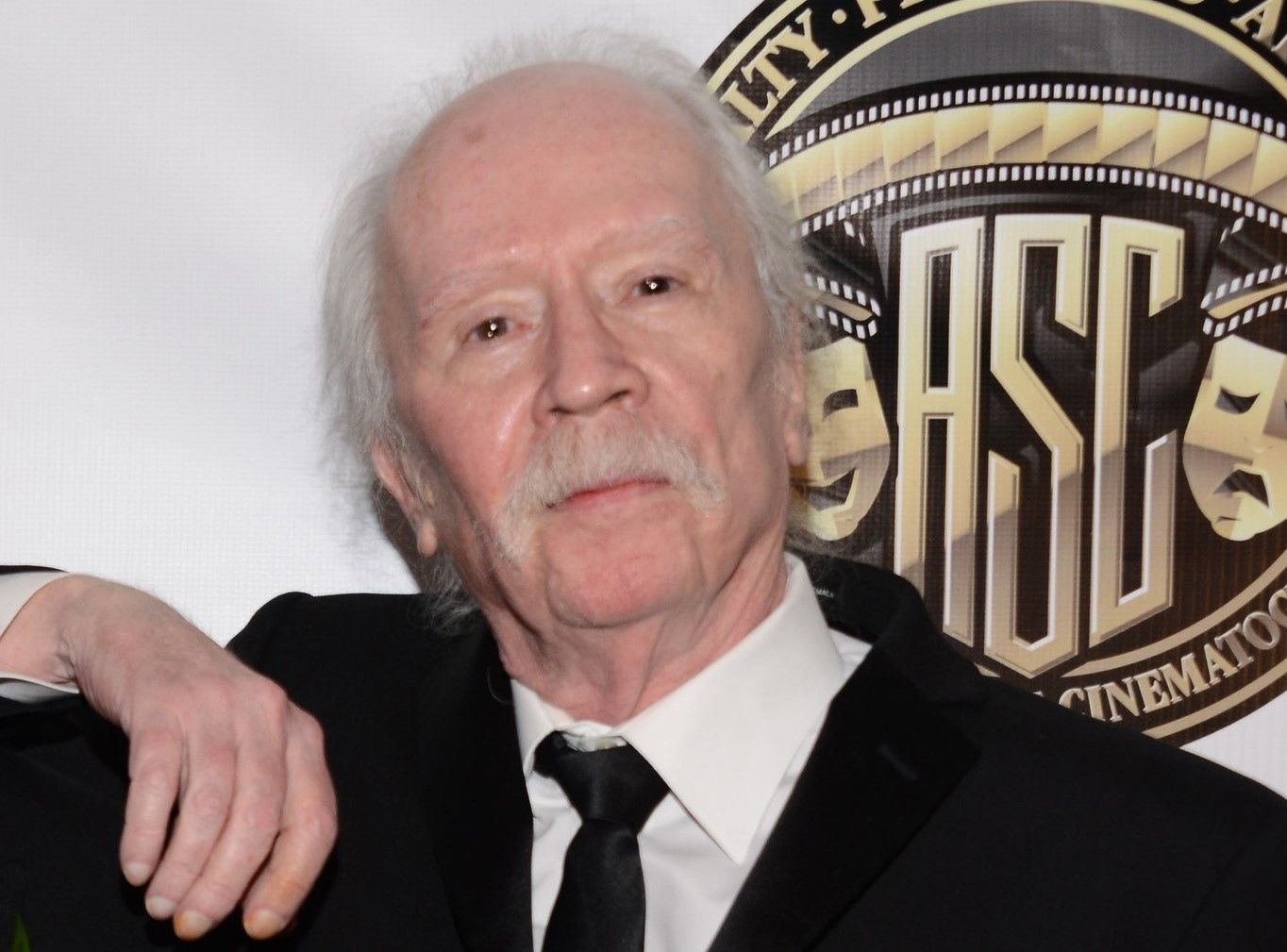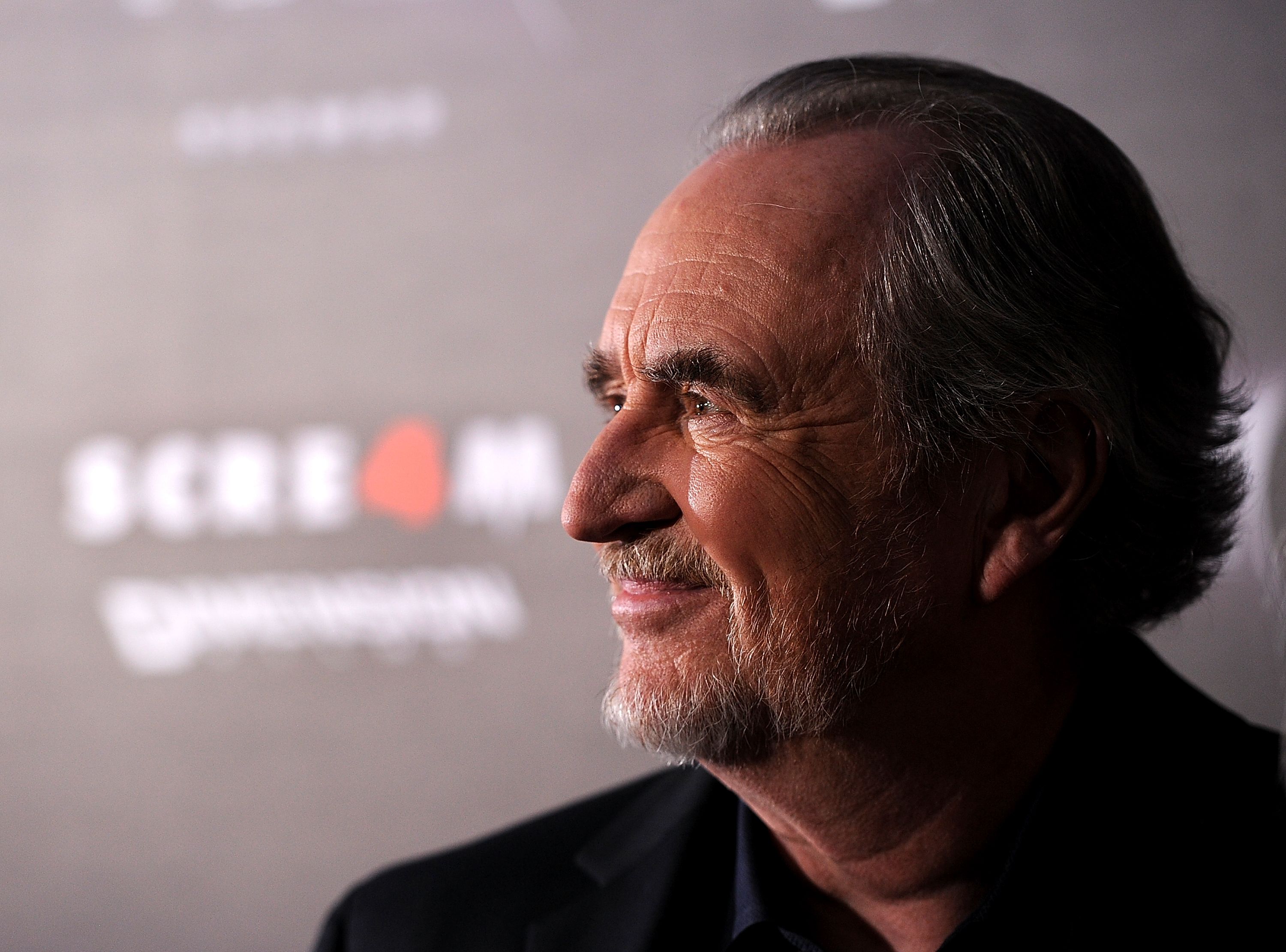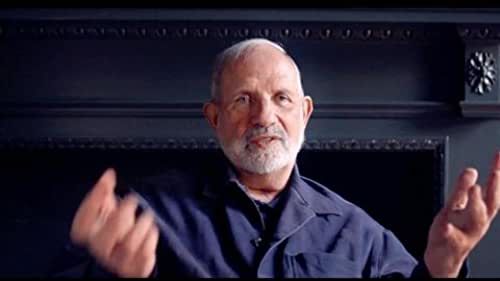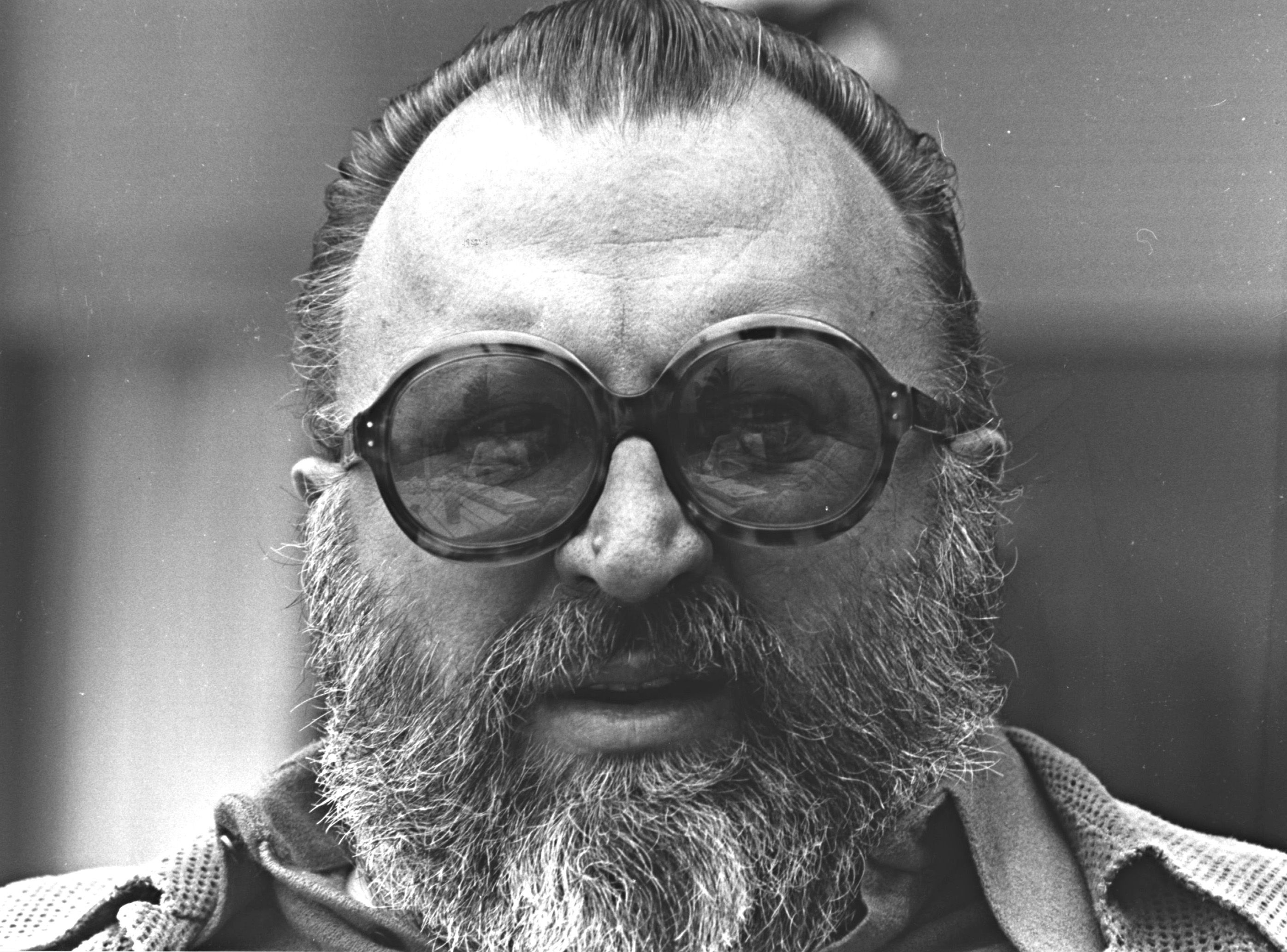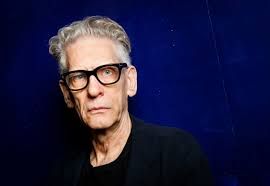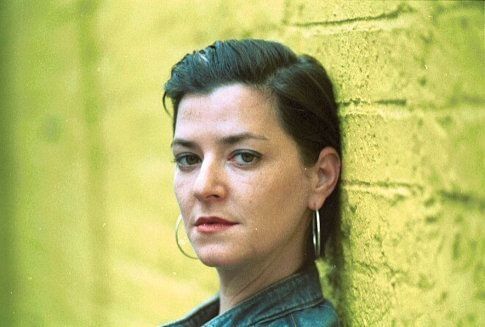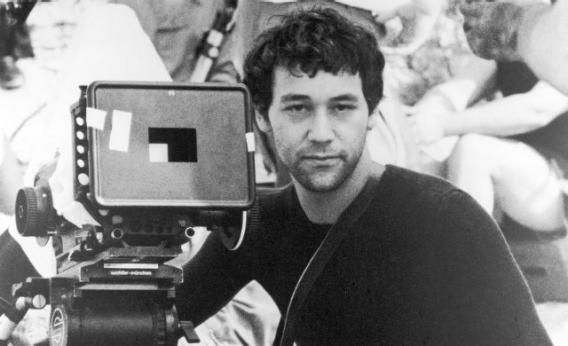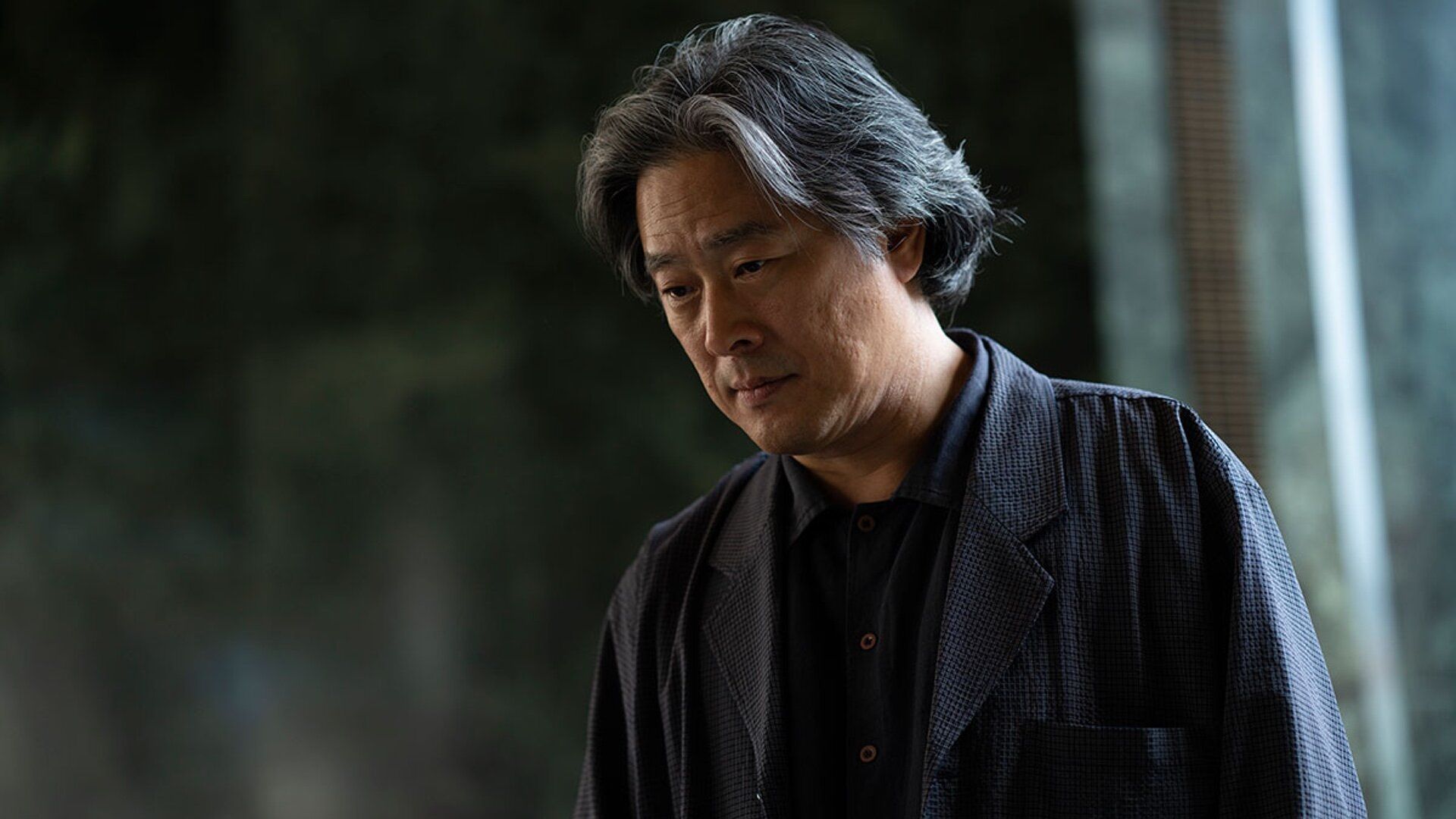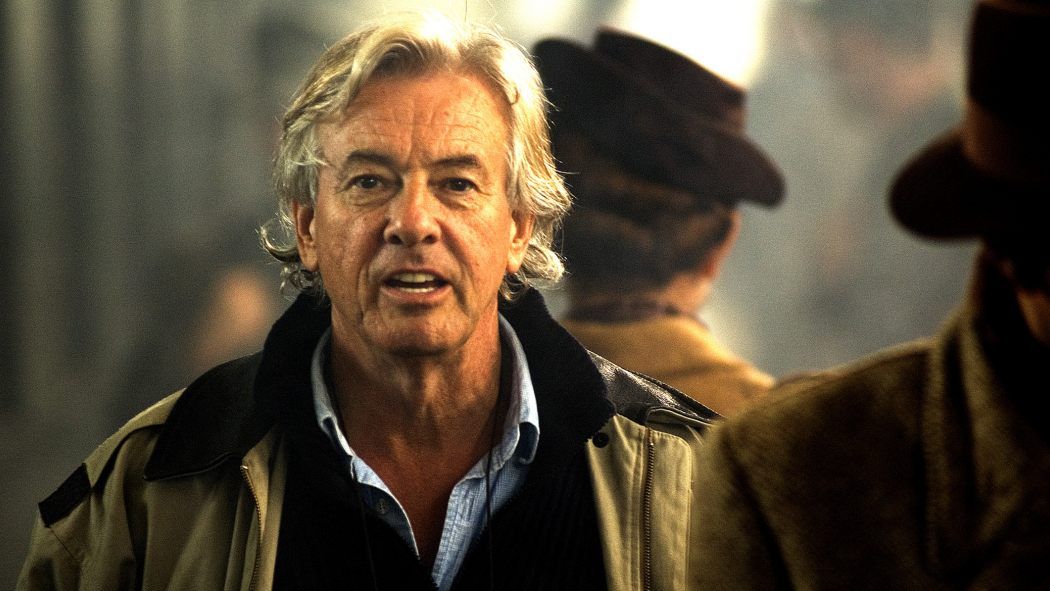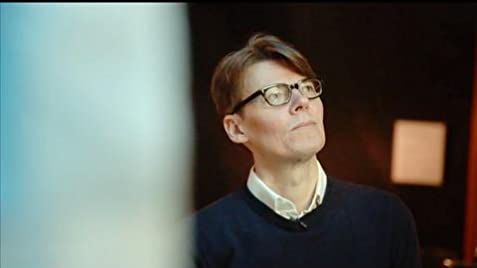Every year’s Academy Award race for Best Director is packed with worthy contenders, and this year was no different. Earlier within the season, names such as Ridley Scott, Pedro Almodovar, Maggie Gyllenhaal, Joel Coen and Adam McKay were all considered, and the big shock on nominations morning was Denis Villeneuve’s snub for Dune. Villeneuve may not have received recognition for the first of his Frank Herbert adaptations, but he was a previous nominee for Arrival.
Some filmmakers aren’t so lucky. When looking through the history of the Oscars, there are many great directors who’ve changed the industry, but never received a single nomination. It’s both incredible and infuriating to think about some of the prominent artists who weren’t recognized when there were many great opportunities to do so. There’s also a few disheartening trends; it’s frequently women, international and genre filmmakers who end up getting snubbed.
While a director doesn’t need an Oscar to be remembered by film history, it can help them gain attention for their projects and find new fans. It’s also simply a reward to be recognized by the broader film community. Here are 11 of the greatest directors who have zero Oscar nominations.
John Carpenter
The “Master of Horror” had a consistent run of classics between 1974 and 1994 that’s nearly unmatched in film history. Within a 20-year period, John Carpenter created 10 of the most essential genre films of all time (and Memoirs of an Invisible Man, but nobody’s perfect). Carpenter didn’t only show versatility with the types of projects he tackled, but created iconic imagery that persists today. It's nearly impossible to look at any list cataloging the best films of the past two decades and not find Carpenter’s name somewhere.
Wes Craven
The Oscars are rarely receptive to horror films, and they clearly have little respect for the genre since Wes Craven went his entire career without honors. Craven helped to build, expand, and reinvent the modern horror movie. Nightmare on Elm Street is a work of extraordinary imagination, but the iconography of Freddy Krueger is only part of what makes the original film so brilliant. Craven explored trauma with his methodical direction. Between New Nightmare, Scream, The Hills Have Eyes, Red Eye and The People Under The Stairs, there were more than enough opportunities to reward him.
Brian De Palma
It’s a little ironic that Alfred Hitchock famously never won a Best Director Oscar, because the director known as his modern equivalent has managed to work for 50 years and has also ended up with zero total nominations. What’s odd is that it's not as if Brian De Palma’s films themselves have been routinely ignored by awards bodies; Carrie, The Untouchables, Scarface, and Carlito’s Way all contended at major ceremonies. That’s not even counting all the films De Palma has made that have been critically rediscovered, such as Blow Out or Phantom of the Paradise. Every De Palma film is unquestionably a technical marvel, regardless of the overall quality.
Sergio Leone
While the Oscars have made some impressive efforts within recent years to celebrate more international and genre films, they still have a ways to go. The great spaghetti western filmmaker Sergio Leone wasn’t recognized in his time, but his contributions to the genre continue to be cited as an influence by modern directors like Quentin Tarantino and Vince Gilligan. “The Man With No Name Trilogy” is easily among the greatest film trilogies of all-time, but Once Upon A Time In The West was the film that put a cap on the western genre as its Golden Age ended.
The Wachowskis
A sign of great directing is crafting a film that is ripe for continued analysis. The subtext of The Matrix has provoked fascinating discussion for over 20 years, and on its own was a technical breakthrough. Few filmmakers demand as many viewings as The Wachowskis; you can’t simply watch Cloud Atlas, Speed Racer or Bound and take it all in on an initial viewing. The Wachowkis’ importance in trans representation is a cultural milestone that can’t be defined by an awards show, but that doesn’t mean the Oscars should ignore it.
David Cronenberg
At 78 years old, David Cronenberg is still delivering great work. Cronenberg’s influence on body horror alone would be enough, but throughout his career he’s expanded to high-minded science fiction, crime, existential, arthouse, and biopic films. It’s odd that he hasn’t shown up at the Oscars considering how many of Hollywood’s leading stars he’s worked with. The Academy still has a shot to honor him, as Cronenberg’s latest film, Crimes of the Future is set to hit theaters later this year. Even if he does end up getting nominated, it will hardly make up for the five decades of snubs.
Lynne Ramsay
If the Best Picture win for Green Book signified anything, it's that the Oscars are still attracted to familiar crowd pleasers that don’t make them think too much. Lynne Ramsay doesn’t make films that are easy to watch. The Scottish director of We Need To Talk About Kevin and You Were Never Really Here deserves credit for her bravery in tackling difficult subject material. Many film fans probably can’t remember a lot of the recent Best Picture nominees, but each Ramsay film is unforgettable.
Sam Raimi
Sam Raimi may have started as an “off the grid” director only appreciated by cult enthusiasts, but he’s steadily been accepted into the mainstream. Regardless of when he's appreciated for his genius, Raimi clearly takes joy in every one of his projects. It's another indication of the Oscars’ ignorance regarding genre, as the Evil Dead trilogy and first two Spider-Man films are still cited among the greatest horror and superhero films, respectively. It’s unlikely that Doctor Strange and the Multiverse of Madness will be the breakthrough, but Raimi’s creativity merits him an honorary award at the very least.
Park Chan-wook
Highly disturbing international thrillers combine all the things that the Oscars generally snub, but that doesn’t excuse the lack of recognition for the great Park Chan-wook. Somehow the great South Korean filmmaker’s work hasn’t even shown up in the Best International Film category. Although The Handmaiden was recognized by awards bodies like BAFTA that have ignored the “Vengeance Trilogy” of Sympathy for Mr. Vengeance, Oldboy, and Lady Vengeance, the Oscars didn’t follow suit. Perhaps the visceral violence within Park’s work has been too much for the older Academy voters to stomach, but hopefully the expanded membership will be more open-minded to his future projects.
Paul Verhoeven
If you look at the history of the Oscars, many of the past winners were relevant at the time of their release, but haven’t left much of a cultural impact (The King’s Speech and The Artist, just to name a few). Paul Verhoeven makes films that last. Some of his best films, such as Showgirls and Starship Troopers, were met with initial disdain and later critically rediscovered. However, films that still persist today such as Total Recall, Robocop, and most recently Elle, were accepted as future classics as soon as they were received. Verhoeven’s 1973 film Turkish Delight may have scored a Best Foreign Language Film nomination, but as recently as Benedetta, it's been the only time one of Verhoeven’s films has entered any of the major races.
Wong Kar-Wai
It says something about the Oscars that the director of In The Mood For Love, one of only two 21st Century films to enter the Sight & Sound all-time list, has managed to slip by without a single nomination. Sofia Coppola even cited Wong Kar-Wai’s influence in her Best Original Screenplay acceptance speech for Lost in Translation, and other Oscar-winning filmmakers like Martin Scorsese and Barry Jenkins continue to praise him. A recent Criterion release of Wong’s entire filmography drew further praise among cinephiles, and it's rare that a modern director is so quickly accepted into the all-time ranks. If only the Academy could see that, too.

